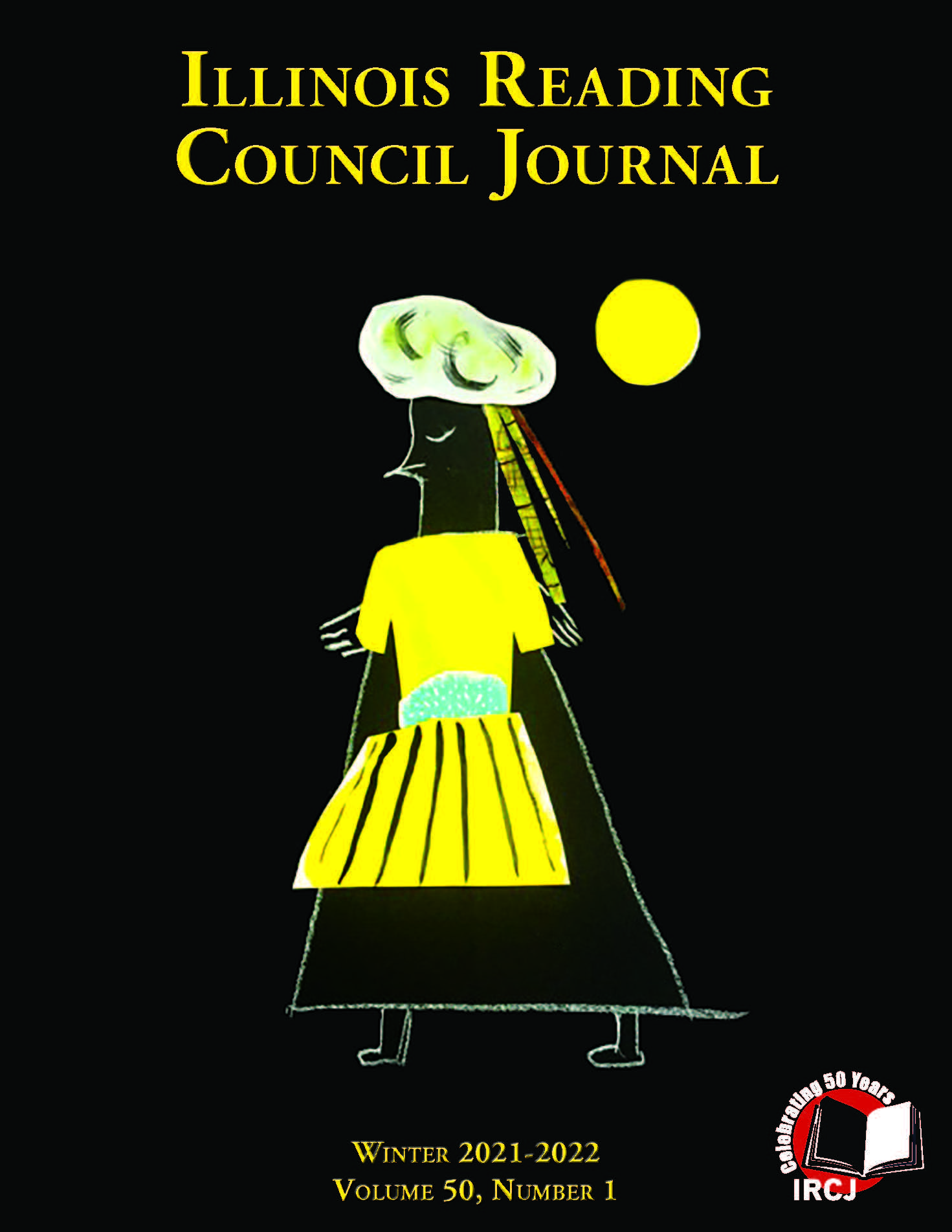Winter 2021-2022 Volume 50, Number 1
 |
Professional Development: Education at a Crossroad
By Sophie Degener, Adelfio Garcia, Ryan McCarty, and Ivy Sitkoski
Document: Column
Introductory Paragraph: Because we submit this column well ahead of its publication date, we are writing this at the beginning of the 2021-2022 school year. Due to the delta variant of COVID, the pandemic is still raging on. While schools across Illinois are back to school in person, worries about transmission among unvaccinated children and breakthrough infections of vaccinated students and teachers are omnipresent. In addition, we are seeing school board meetings become battlegrounds for opposing viewpoints on mask mandates, culturally responsive curriculum, learning loss, and even how we teach reading. Not surprisingly, given the current state of education, districts in our state are facing teaching shortages. With so much controversy, it is no small wonder that teachers are leaving the field. Not for the first time, K-12 education is at a crossroads. Decisions we make now about our schools will have ripple effects for years to come. While teachers may feel powerless in the face of these overwhelming societal issues, one very important thing they can do is to stay as informed as possible about the key issues in education. The books reviewed in this column will help arm teachers with important understandings. The first review looks at the buzz around the science of reading and helps teachers better understand the research on early literacy instruction and how to incorporate salient features of that research into their balanced literacy instruction. The second review provides guidance to teachers looking to introduce their students to broader perspectives through the use of diverse nonfiction books—a critical step toward combatting white supremacy, particularly as it plays out in school curricula. The next review explores how teachers of bilingual and dual language students can utilize translanguaging pedagogies to better support the language development of their English learners. Crucial to this perspective is seeing knowledge of Spanish as an important strength to build upon and develop rather than a deficit to be overcome. Finally, the last review provides a look at how students can utilize new literacies (in this case, podcasting) in engaging ways that support their literacy and language development while also promoting deep learning across content areas. We hope one or more of these books will resonate with you and perhaps provide a spark of inspiration during these dark and trying times.
DOI: https://doi.org/10.33600/IRCJ.50.1.2021-2022.50
Page Numbers: 50-54
|
The Illinois Reading Council Journal is available for IRC Members. If you are a current member, please watch your mail and email for the current issue to arrive.
Not an IRC Member? A highlighted version showing the current issue's table of contents is available online for your viewing. You can become an IRC Member and order a current copy of the IRC Journal by calling the IRC office at (309) 454-1341 or join online today to receive future issues!
|


